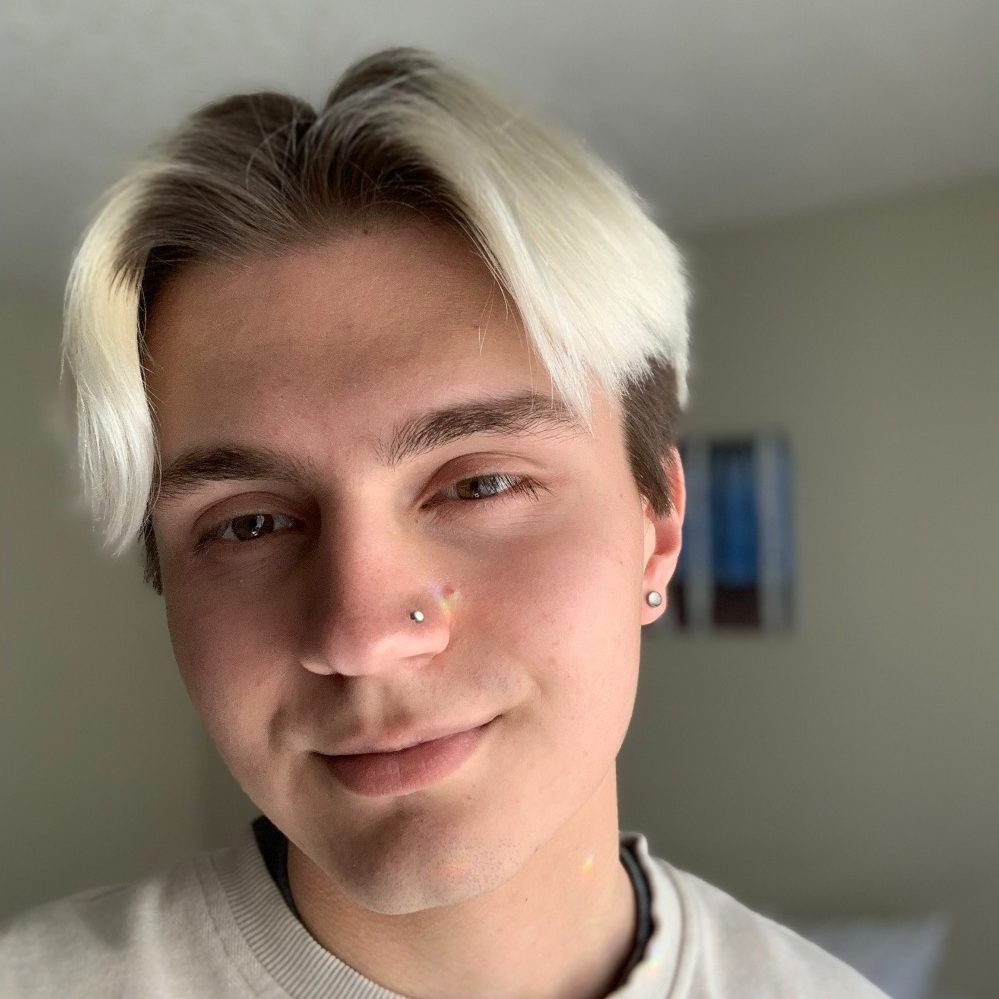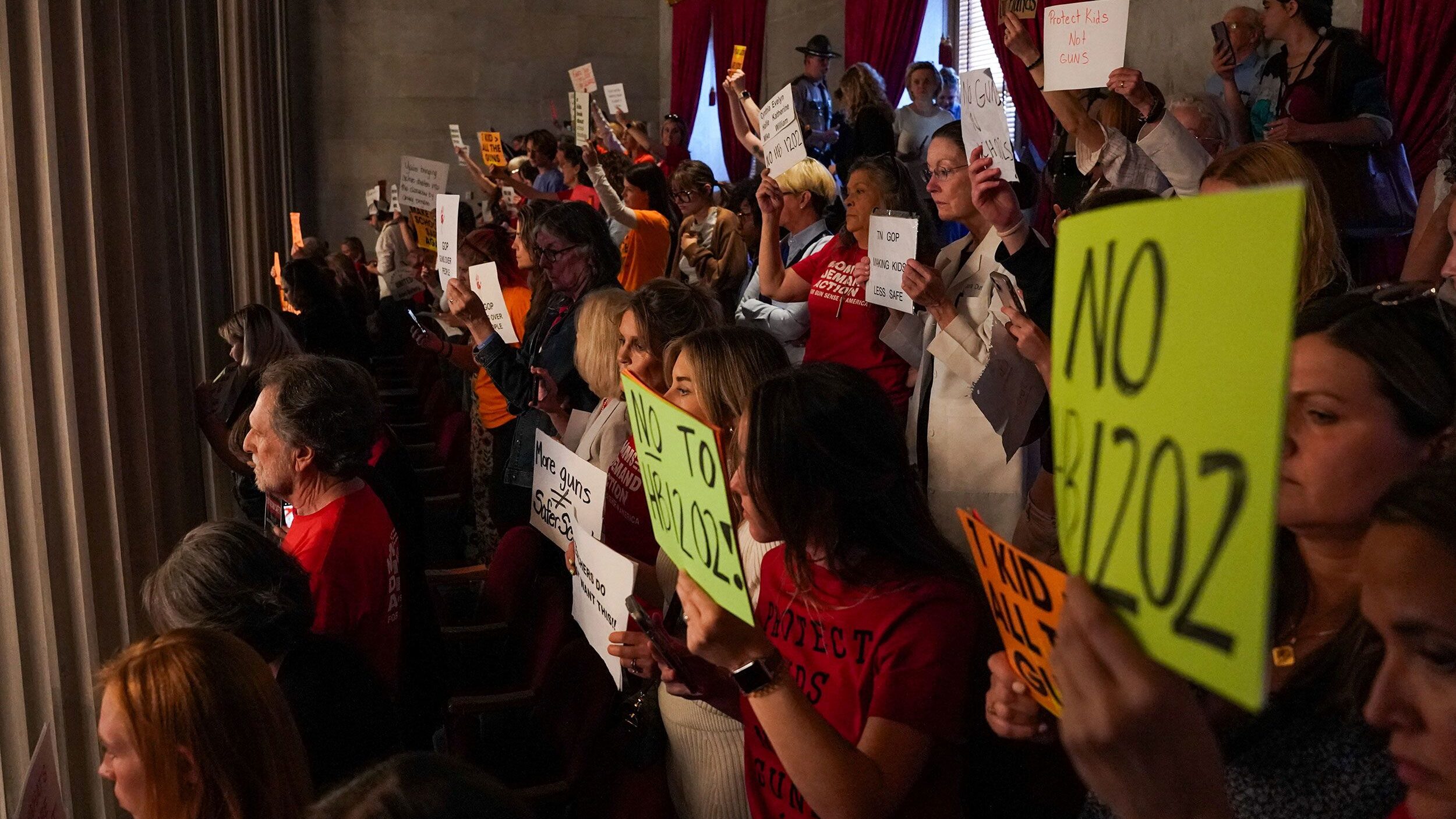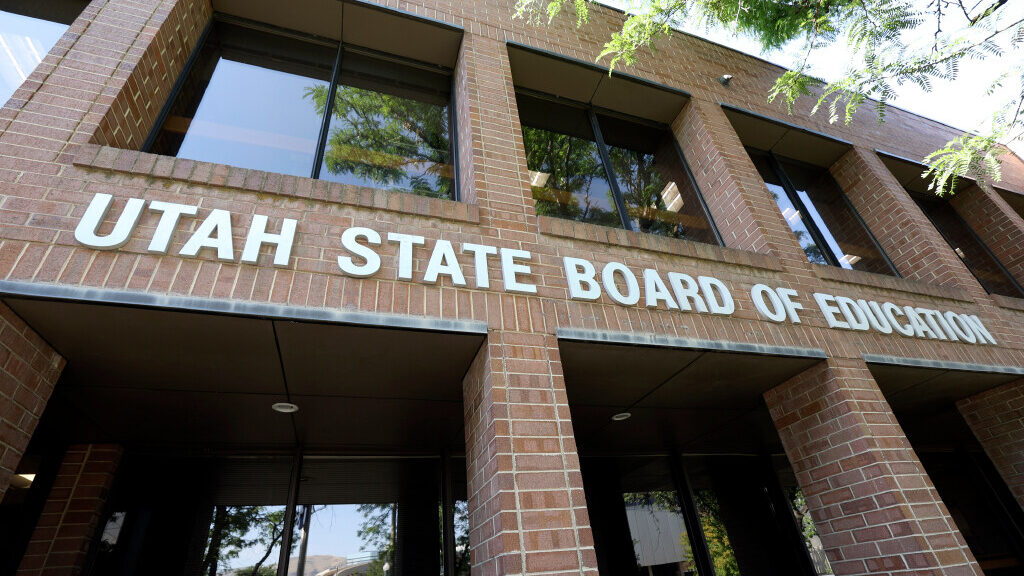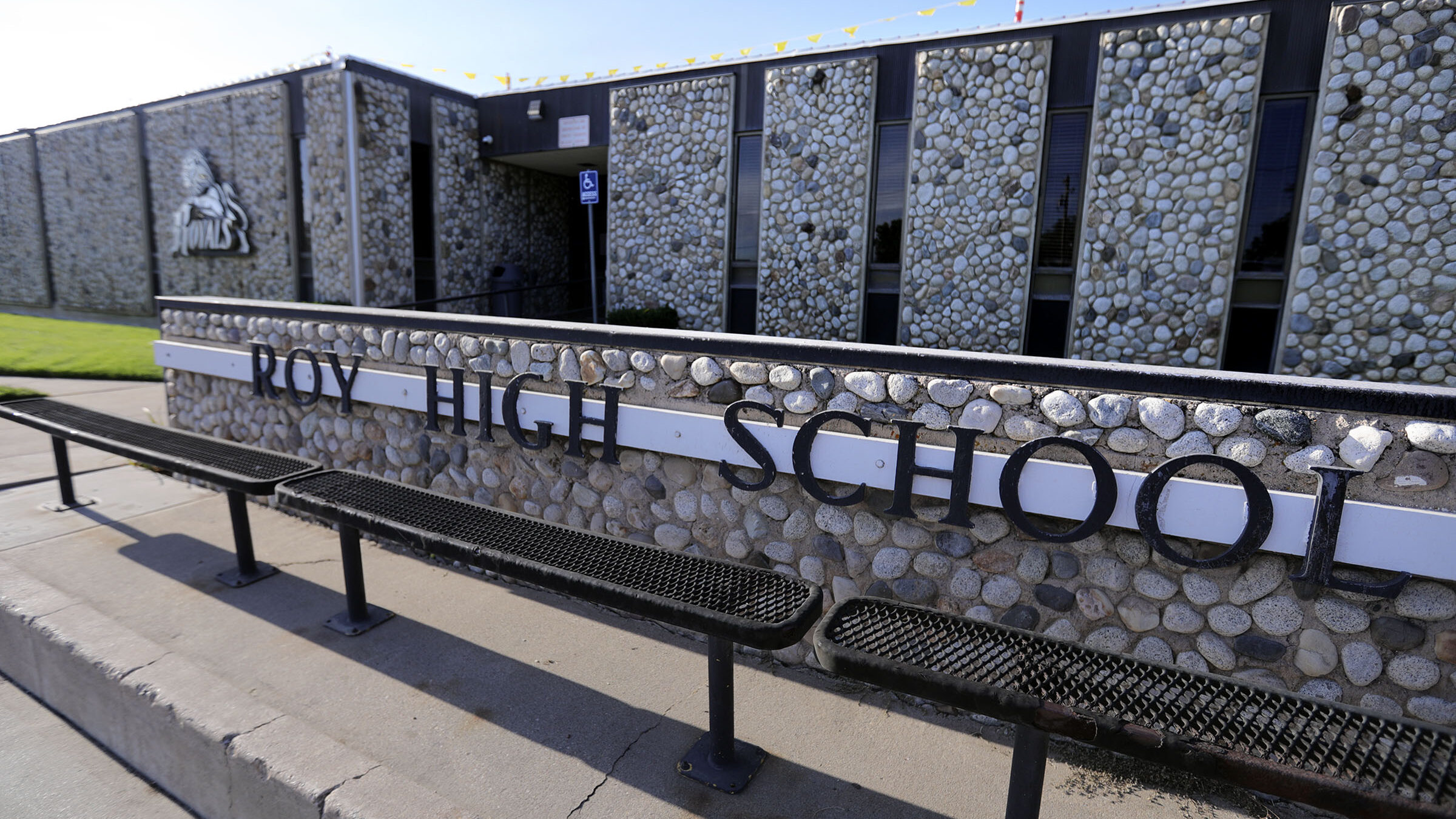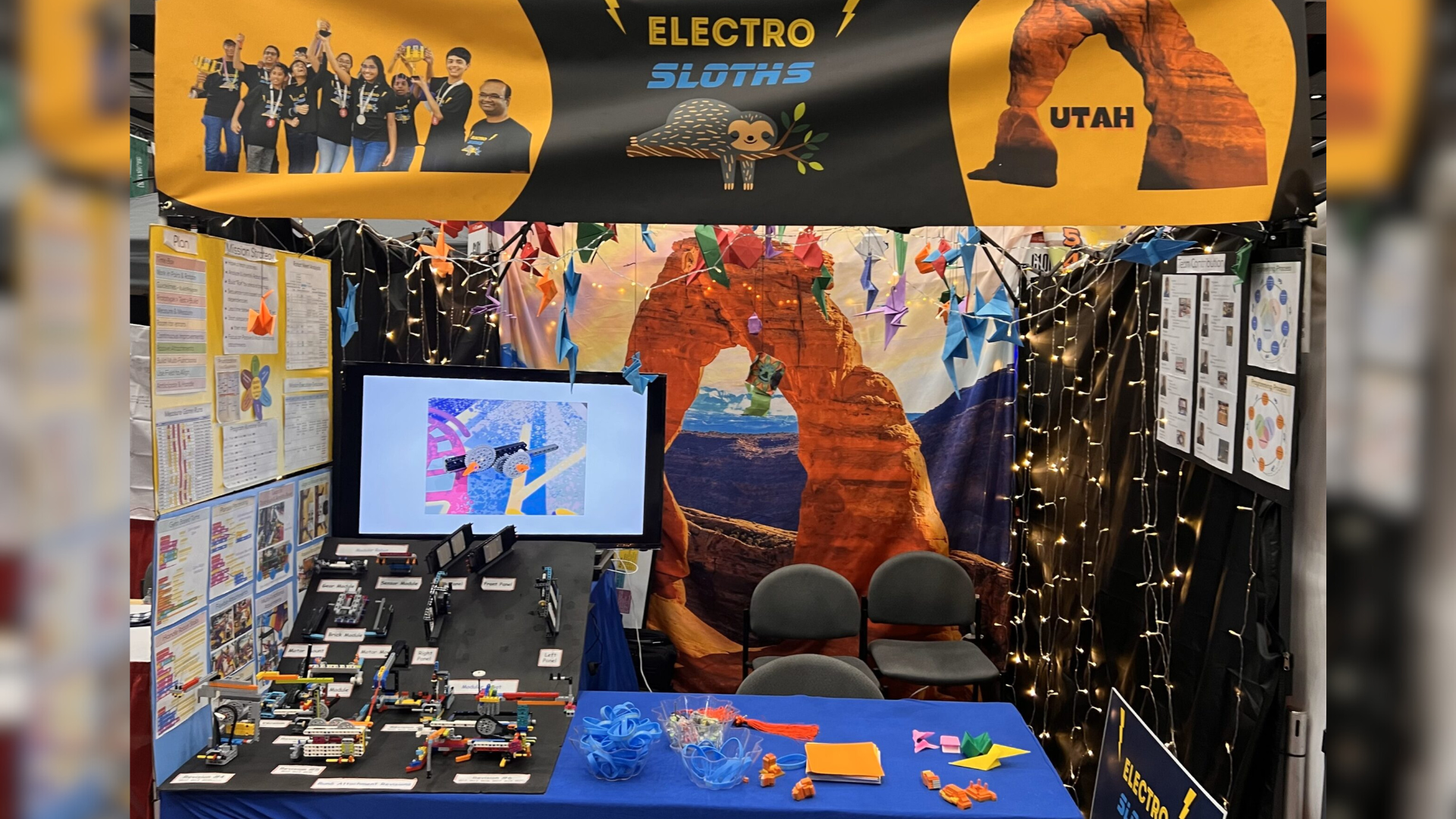University of Utah introducing Viewpoint Representation and Expression Task Force
Jan 25, 2024, 8:00 AM
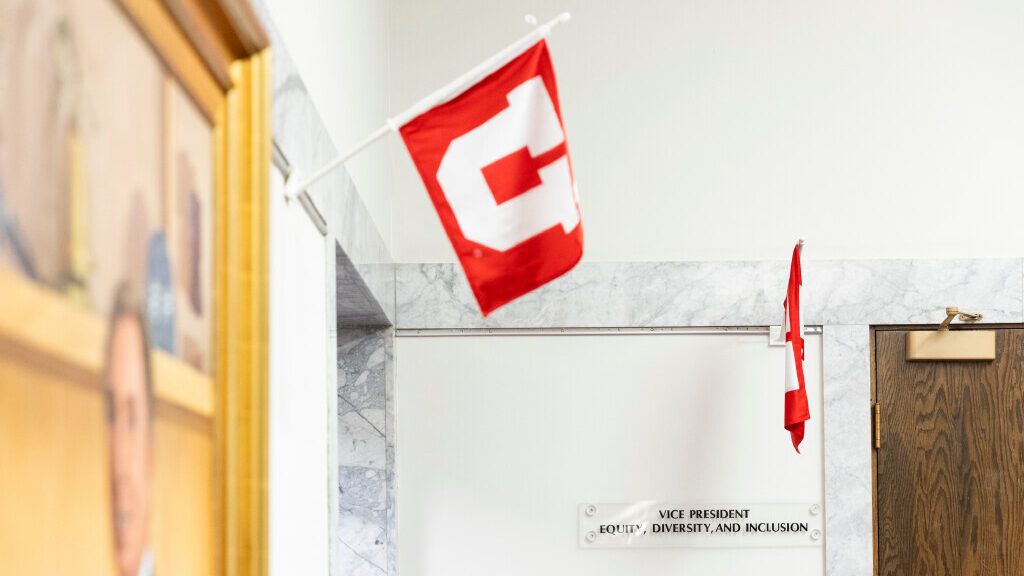
FILE: The Equity, Diversity, and Inclusion office at the University of Utah is pictured on campus in Salt Lake City on Wednesday, Jan. 10, 2024. A professor who applied for a job at the University of Utah has filed a lawsuit claiming he is the victim of reverse discrimination. (Marielle Scott/Deseret News)
(Marielle Scott/Deseret News)
SALT LAKE CITY — The University of Utah wants to make sure that its campus is welcoming to all perspectives and voices. Officials say the Viewpoint Representation and Expression Task Force will work to do just that.
Before university officials announced the task force, several students were criminally charged after they interrupted a movie screening held by a conservative student group.
University of Utah President Taylor Randall said the new task force will evaluate how friendly its campus is when it comes to diverse viewpoints.
“If you look at confidence in institutions overall … there is one institution that lost more confidence with the public than any other. And, that is actually higher ed,” Randall said.
“I think this is a moment where we are having to take a sound look at ourselves and ask the question, ‘how can we actually add more value to society?'”
He said there are a few complaints when it comes to higher education. Namely, they involve degrees, tuition costs, and that (universities are) no longer a “marketplace of ideas.”
What does the Viewpoint Representation and Expression Task Force do?
The U, according to Randall, is considering different viewpoints on campus and how people express them. The overall goal is to make sure the school is a “platform where learning and expression can take place.”
Additionally, Randall said, the task force will look out for bias on campus.
“Step one is to … have this task force actually provide a description of what is going on on campus,” he said. “I’ve asked them to be very wide-ranging in this.”
Randall has asked the task force to examine speakers who come to campus. It will also examine students to see which ones feel comfortable expressing their views and which ones don’t.
“There’s the law and then there’s a culture that we can set on campus,” he said. “We’re hoping … to reframe the culture around dignified speech.”
How to balance protests and freedom of speech
In the past, students have protested speakers at the U. The Viewpoint Representation and Expression Task Force will work to allow future protests while still letting speakers talk freely.
“Protest is permissible on a college campus,” he said. “We can regulate time, place, and manner. And, one of the things that we have to do is ensure that all viewpoints, no matter how disparaging they may be to other groups, are actually allowed to (be heard) on campus.”
This is a “low bar,” according to Randall. It most likely “will not move society forward in a positive way.”
“Part of what we would like to do is really get input from these individual groups, and say, ‘how could we actually make these productive dialogues?'” he said.
Randall is hoping the task force will find solutions, or, at least, ways for everyone on campus to coexist.
Dave & Dujanovic can be heard on weekdays from 9 a.m. to noon.

